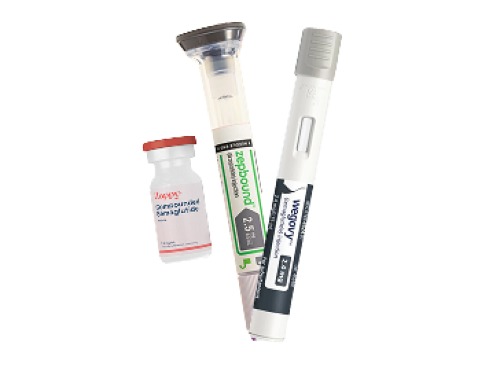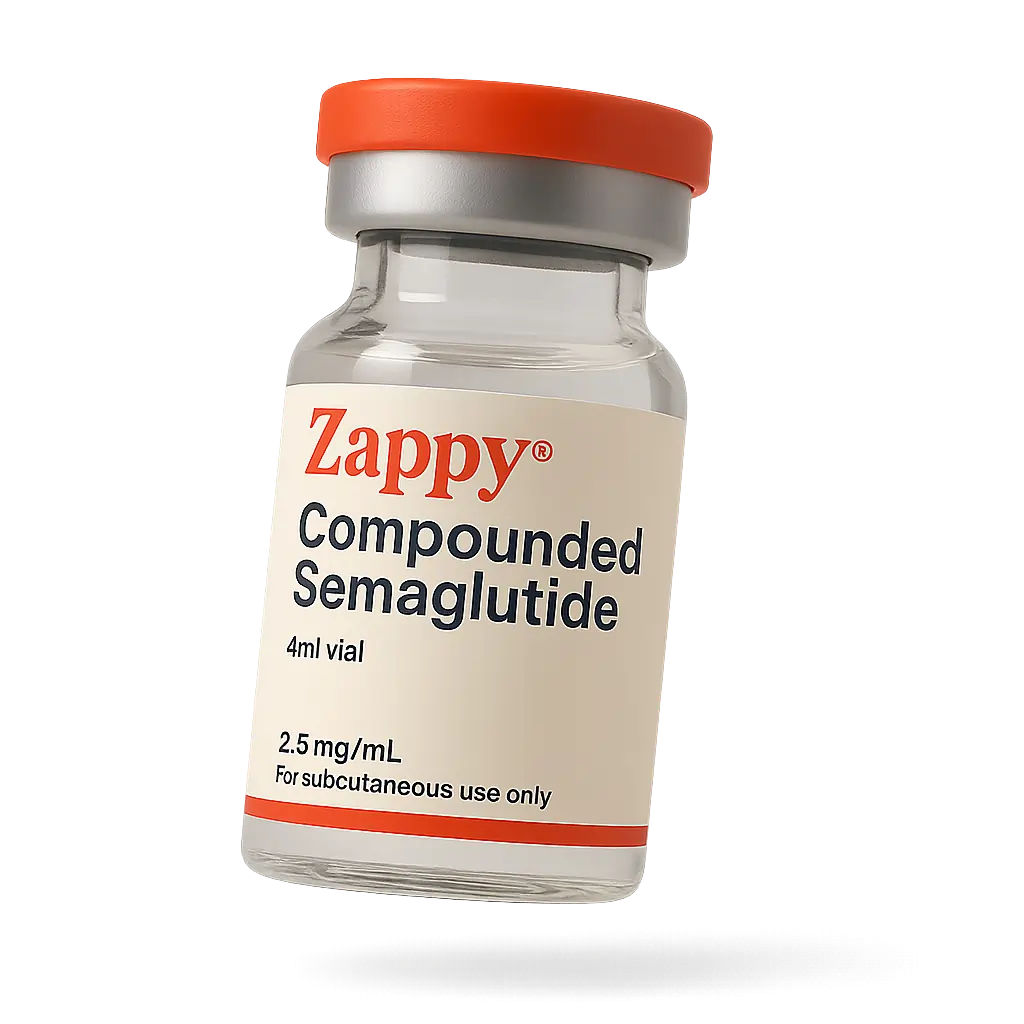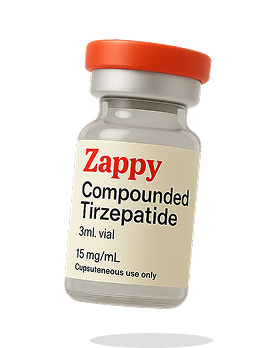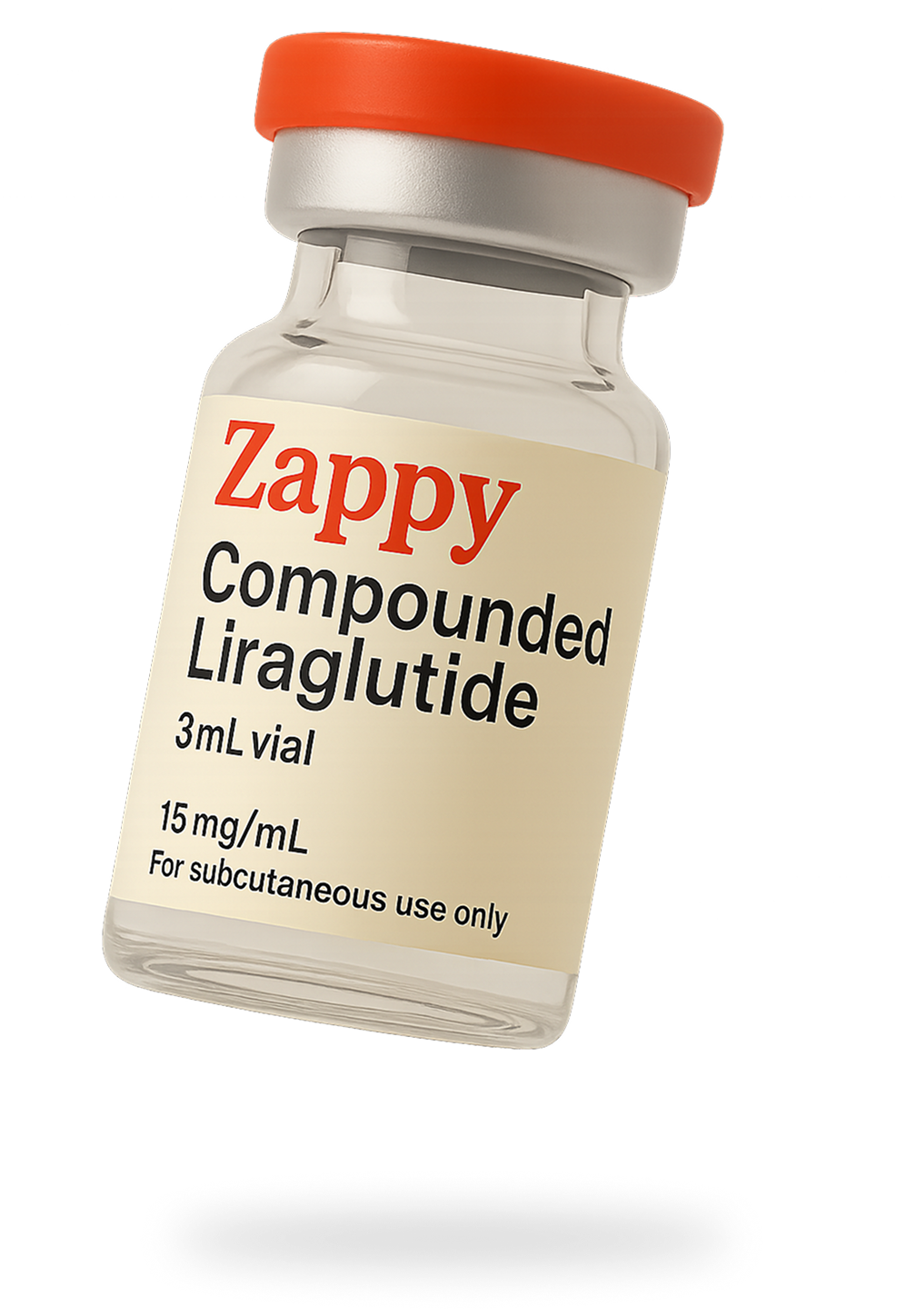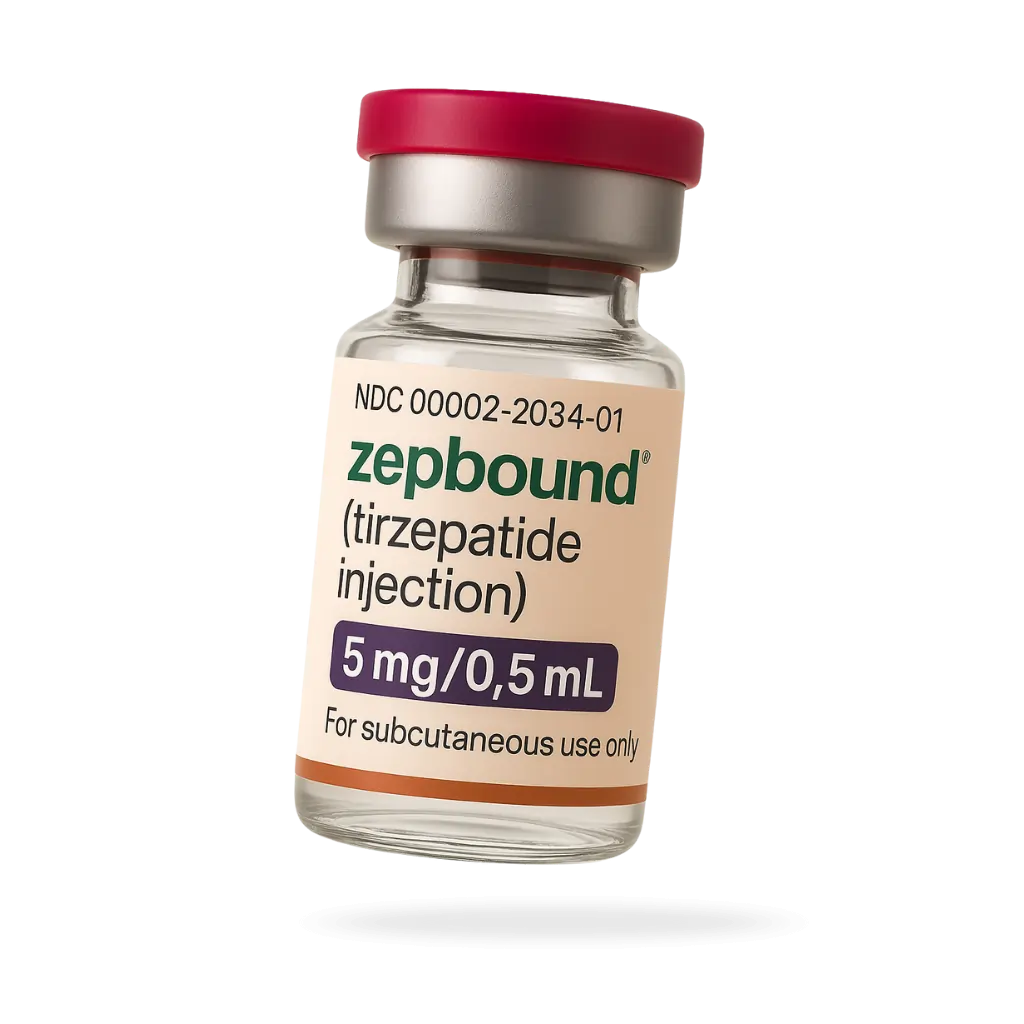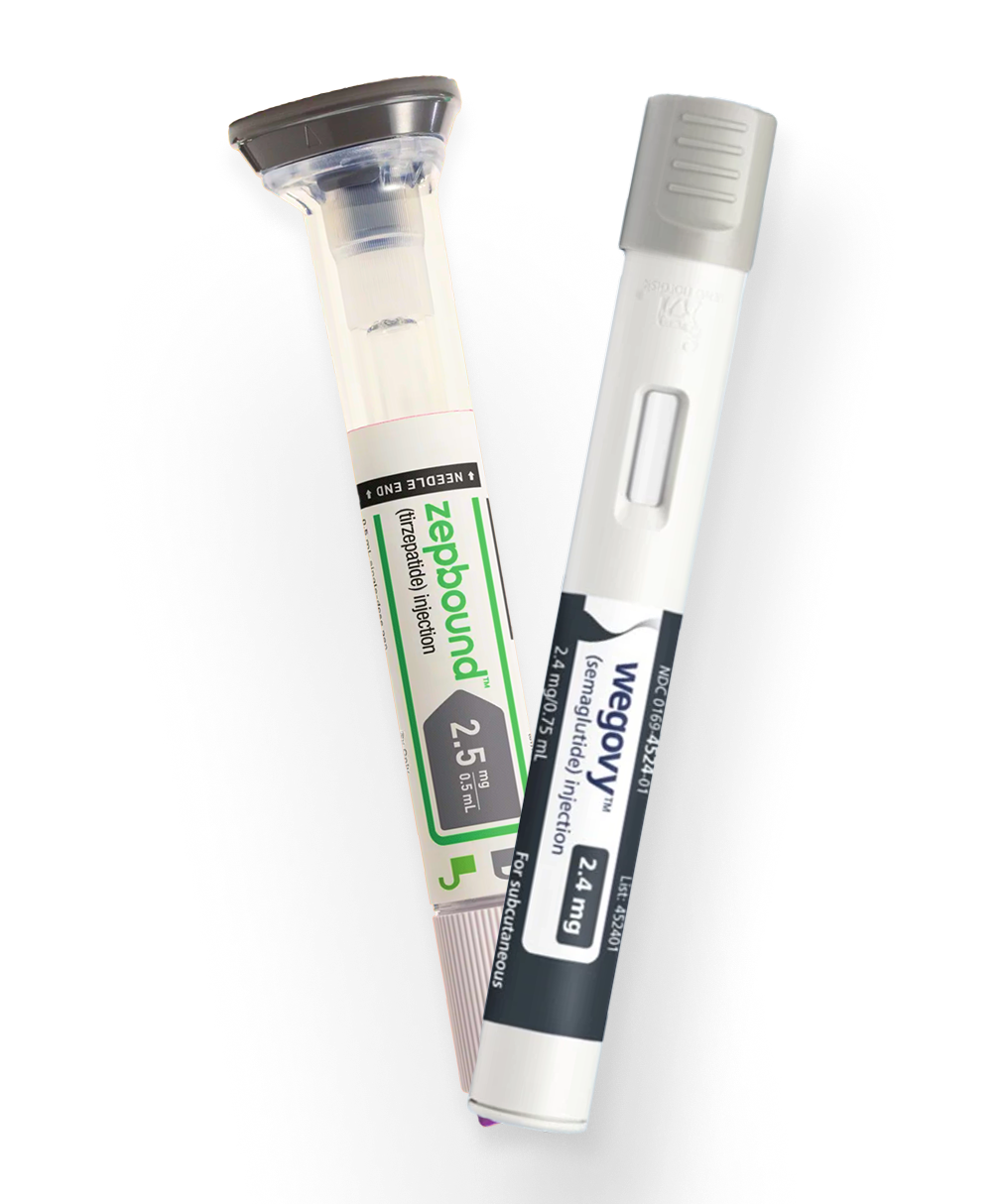The majority of Americans experience constipation at least once during their lifetime. It’s one of the most common health conditions affecting adults. But because there isn’t a single definition of constipation, it can be difficult to diagnose.
The majority of Americans experience constipation at least once during their lifetime. It’s one of the most common health conditions affecting adults. But because there isn’t a single definition of constipation, it can be difficult to diagnose.
In addition to having less frequent bowel movements, constipation can cause pain while passing stools, bloating, straining, nausea, vomiting, gas, and difficulty swallowing.
If you suspect you might be experiencing constipation, talk to your doctor. They can help identify underlying causes like irritable bowel syndrome, colon cancer, or diverticulitis. Your doctor may recommend stool softeners or laxatives to relieve symptoms.
Causes Of Constipation
Constipation is one of those things that you don’t want to talk about because it makes people uncomfortable. But there are many reasons why constipation happens and knowing what causes it can help you prevent it. Several types of constipation include slow transit constipation, hard stools, and hemorrhoids.
Slow transit constipation occurs when the colon moves too slowly through the digestive tract, causing the stool to move slower. This type of constipation can occur due to certain medications such as laxatives, antidepressants, birth control pills, and blood pressure medication. Other factors that can cause slow transit constipation include certain medical conditions like diabetes, Crohn’s disease, diverticulitis, irritable bowel syndrome, and inflammatory bowel diseases.
Hard stools are another common form of constipation. Hard stools are often associated with chronic diarrhea and are sometimes even painful. Some possible causes of hard stools include lactose intolerance, food allergies, and parasites. Sometimes, though, hard stools can be caused by certain drugs, especially antibiotics. If you notice frequent changes in your stool consistency, check with your doctor to see if there is an underlying reason.
Hemorrhoids are another very common cause of constipation. Hemorrhoids develop inside the anus and around the rectum and usually affect older adults. They can become inflamed and swollen, and they can bleed easily. Common symptoms of hemorrhoids include itching, pain, bleeding, swelling, and difficulty passing stool. Hemorrhoid surgery can be performed to treat severe cases of hemorrhoids, but most sufferers opt to use home remedies instead. Try drinking plenty of fluids, eating foods high in fiber, and avoiding alcohol. You might also try applying ice packs to the affected area, taking over-the-counter antihistamines, or seeing a physician.
Symptoms of Constipation
The following are the most common signs of constipation. Each individual may experience symptoms differently. However, some people may experience several of these symptoms simultaneously.
Symptoms may include:
- Difficulty passing stool
- Painful and difficult bowel movement
- A feeling of bloating or discomfort
- Infrequent bowel movements
- Passing hard stools
- Straining during defecation
- Urinating less frequently than normal
Treatment Of Constipation
Constipation affects most people at some time in life. People experience constipation for many reasons, including diet, age, medications, stress, travel, and illness. Constipation can cause abdominal pain, bloating, gas, cramps, diarrhea, nausea, vomiting, headache, dizziness, and fatigue. Most cases of constipation resolve within one month without treatment. However, there are several effective treatments for constipation. Here are three ways to treat constipation naturally.
Drink plenty of water.
Drinking lots of water keeps you hydrated and flushes out toxins. Water helps move food through your digestive system, keeping it soft and moist. When you drink enough water, you can help prevent constipation. If you feel like you don’t have enough water in your body, try drinking eight glasses of water per day. You can also add lemon juice to your water to make it taste better.
Eat fiber-rich foods
Fiber is found in whole grains, fruits, vegetables, beans, nuts, and seeds. Fiber adds bulk to stools, making them softer and easier to pass. Foods high in soluble fiber include oats, barley, apples, bananas, prunes, pears, broccoli, Brussels sprouts, cabbage, cauliflower, garlic, onions, avocados, sweet potatoes, and peas. Soluble fiber dissolves easily in water, helping to soften stool. Add some oatmeal to your morning cereal or sprinkle ground flaxseed over your salad dressing.
Take probiotics
Probiotic supplements contain live bacteria that help keep the gut flora healthy. Probiotics support digestion and immune function and improve overall health. There are different types of probiotics, such as Bifidobacteria, Lactobacillus, Saccharomyces boulardii, Streptococcus thermophilus, and Enterococcus faecium. Look for products containing 10 billion CFU/capsules.
Prevention Of Constipation
Constipation is a common problem among people around the world. Many times it is caused by eating too many processed foods, drinking too much soda pop, or simply because they are not getting enough exercise. However, there are ways to prevent constipation and keep stools from accumulating in the future. Here are some tips that could help you avoid constipation:
- Drink plenty of water every day. This helps flush out toxins from your body and keeps your bowels moving regularly.
- Exercise daily. When you work up a sweat, your muscles move and stimulate your digestive system. You don’t want to miss this step!
- Eat lots of fruits and vegetables. Fiber fills your stomach and helps keep things moving along smoothly.
- Limit caffeinated beverages such as coffee, tea, sodas, and chocolate. These drinks contain stimulants that cause your intestines to slow down.
- Avoid consuming large amounts of alcohol. Alcohol dehydrates you, making your bowels sluggish.
- Schedule frequent bathroom breaks throughout the day. If you wait until you feel like you must go, you might hold it longer than usual.
When to go to urgent care
Constipation isn’t always easy to treat. Sometimes it requires a trip to the emergency room. But if you’re suffering from moderate or severe constipation, don’t wait to seek treatment. Here are some tips to help you know whether you need to make an appointment with your physician.
If your symptoms aren’t improving within one week, even though you’re taking medications and following a healthy diet, you could be dealing with chronic constipation. This problem usually occurs because of a lack of fiber in your diet. Try adding more fruits and vegetables to your daily meals.
You may also want to talk to your doctor about increasing fluid intake. Drinking more water helps keep things moving along smoothly.
If you still have trouble passing stool, you may ask your doctor about trying an over-the-counter medication. Some examples include Bisacodyl suppositories, Citrucel tablets, Fibercon tablets, MiraLax, Movantik, Pentosan, Polyethylene Glycol 3350, and Senna.
You may be dealing with hemorrhoids if you’re experiencing pain while passing stool. These painful conditions occur when veins become swollen and irritated. Your doctor may recommend a topical cream or ointment to relieve the discomfort.
If you think you may have appendicitis, contact your doctor right away. Appendicitis causes inflammation and swelling in the appendix, often accompanied by nausea, vomiting, fever, and abdominal pain. Severe cases can lead to peritonitis, a potentially life-threatening infection that spreads throughout the abdomen.
Causes Of Constipation
Constipation is one of those things that you don’t want to talk about because it makes people uncomfortable. But there are many reasons why constipation happens and knowing what causes it can help you prevent it. Several types of constipation include slow transit constipation, hard stools, and hemorrhoids. Slow transit constipation occurs when the colon moves too slowly through the digestive tract, causing the stool to move slower. This type of constipation can occur due to certain medications such as laxatives, antidepressants, birth control pills, and blood pressure medication. Other factors that can cause slow transit constipation include certain medical conditions like diabetes, Crohn’s disease, diverticulitis, irritable bowel syndrome, and inflammatory bowel diseases. Hard stools are another common form of constipation. Hard stools are often associated with chronic diarrhea and are sometimes even painful. Some possible causes of hard stools include lactose intolerance, food allergies, and parasites. Sometimes, though, hard stools can be caused by certain drugs, especially antibiotics. If you notice frequent changes in your stool consistency, check with your doctor to see if there is an underlying reason. Hemorrhoids are another very common cause of constipation. Hemorrhoids develop inside the anus and around the rectum and usually affect older adults. They can become inflamed and swollen, and they can bleed easily. Common symptoms of hemorrhoids include itching, pain, bleeding, swelling, and difficulty passing stool. Hemorrhoid surgery can be performed to treat severe cases of hemorrhoids, but most sufferers opt to use home remedies instead. Try drinking plenty of fluids, eating foods high in fiber, and avoiding alcohol. You might also try applying ice packs to the affected area, taking over-the-counter antihistamines, or seeing a physician.Symptoms of Constipation
The following are the most common signs of constipation. Each individual may experience symptoms differently. However, some people may experience several of these symptoms simultaneously. Symptoms may include:- Difficulty passing stool
- Painful and difficult bowel movement
- A feeling of bloating or discomfort
- Infrequent bowel movements
- Passing hard stools
- Straining during defecation
- Urinating less frequently than normal
Treatment Of Constipation
Constipation affects most people at some time in life. People experience constipation for many reasons, including diet, age, medications, stress, travel, and illness. Constipation can cause abdominal pain, bloating, gas, cramps, diarrhea, nausea, vomiting, headache, dizziness, and fatigue. Most cases of constipation resolve within one month without treatment. However, there are several effective treatments for constipation. Here are three ways to treat constipation naturally.Drink plenty of water.
Drinking lots of water keeps you hydrated and flushes out toxins. Water helps move food through your digestive system, keeping it soft and moist. When you drink enough water, you can help prevent constipation. If you feel like you don’t have enough water in your body, try drinking eight glasses of water per day. You can also add lemon juice to your water to make it taste better.Eat fiber-rich foods
Fiber is found in whole grains, fruits, vegetables, beans, nuts, and seeds. Fiber adds bulk to stools, making them softer and easier to pass. Foods high in soluble fiber include oats, barley, apples, bananas, prunes, pears, broccoli, Brussels sprouts, cabbage, cauliflower, garlic, onions, avocados, sweet potatoes, and peas. Soluble fiber dissolves easily in water, helping to soften stool. Add some oatmeal to your morning cereal or sprinkle ground flaxseed over your salad dressing.Take probiotics
Probiotic supplements contain live bacteria that help keep the gut flora healthy. Probiotics support digestion and immune function and improve overall health. There are different types of probiotics, such as Bifidobacteria, Lactobacillus, Saccharomyces boulardii, Streptococcus thermophilus, and Enterococcus faecium. Look for products containing 10 billion CFU/capsules.Prevention Of Constipation
Constipation is a common problem among people around the world. Many times it is caused by eating too many processed foods, drinking too much soda pop, or simply because they are not getting enough exercise. However, there are ways to prevent constipation and keep stools from accumulating in the future. Here are some tips that could help you avoid constipation:- Drink plenty of water every day. This helps flush out toxins from your body and keeps your bowels moving regularly.
- Exercise daily. When you work up a sweat, your muscles move and stimulate your digestive system. You don’t want to miss this step!
- Eat lots of fruits and vegetables. Fiber fills your stomach and helps keep things moving along smoothly.
- Limit caffeinated beverages such as coffee, tea, sodas, and chocolate. These drinks contain stimulants that cause your intestines to slow down.
- Avoid consuming large amounts of alcohol. Alcohol dehydrates you, making your bowels sluggish.
- Schedule frequent bathroom breaks throughout the day. If you wait until you feel like you must go, you might hold it longer than usual.

